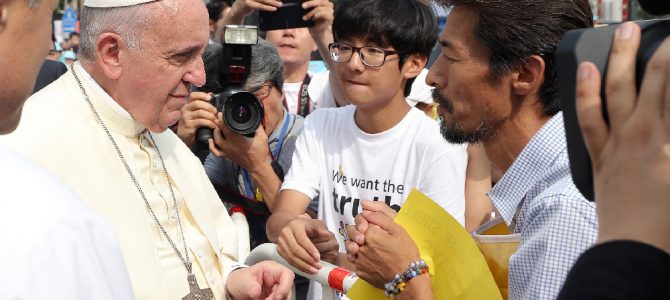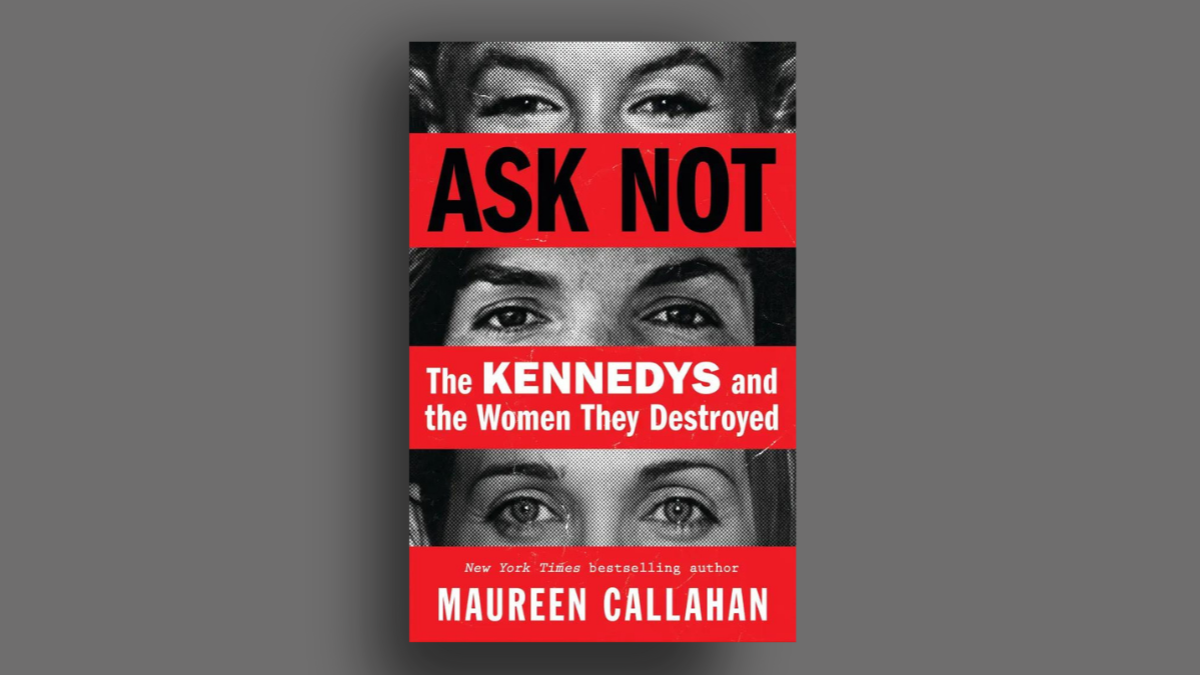
The Roman Catholic Church, a “family of families,” according to Pope Francis, has since the beginning of Christianity proposed to the world a model for a healthy human society. These suggestions to the world at large on what makes for a good and flourishing society are based on biblical principles and derived from Caritas, or charity (Matthew 22:36-40). This is the most important point about Catholic social doctrine. Without it being rooted in the scriptures and in biblical faith, it collapses to sociological concepts.
Briefly, the Catholic Church’s social teaching can be encapsulated thus: All human beings are created by God in his image and therefore intrinsically have dignity, rights, and responsibilities. Out of this first principle comes the second—the common good—which teaches that as a society we have a responsibility to all strive toward the good of all people and of the whole person (morally, socially, and physically). Tied to the first two principles is the third, subsidiarity, that teaches the importance of intermediate social entities—the family, churches, and a variety of groups and associations. The first three principles lead us to solidarity—given our created and social nature, God calls us to the moral virtue of unity.
These teachings lived in the stream of Catholic thought since Jesus told his disciples to love God and neighbor, forgive their enemies, pay their taxes, and so on. Commandments are nothing without their foundation in the Judaeo-Christian God and in the vertical relationship the believer has with him.
The dignity and rights of people, the mandate by Jesus to love our neighbor, the primary importance of the family and civil society, and the prayer by Jesus to be united by love, took a while to work themselves out in word and deed in the history of mankind. In 1891, Pope Leo XIII, in the encyclical “Rerum Novarum,” brought out these beliefs and ideas from the treasury of Catholic thinking and set them down as principles.
Out of this encyclical and other encyclicals that followed, Leo XIII and the popes who succeeded him articulated what it would look like for people to live in a way that maximizes justice and peace in the world—not with a utopian vision, but one grounded in the reality of Christian anthropology, that man’s mind is darkened and his will is weak. With each encyclical the popes addressed the social systems of their time. That is, they took these principles and applied them to what was going on in the world socially, politically, and economically. The application is not static, but changes as human society and technology change.
Everything Is Tethered
These doctrines on human dignity and the common good created a body of work known today as the social teaching of the Catholic Church. That is, it is teaching on how we should live in society—a society of people who may not have the same beliefs as those receiving the teaching.
A new collection of essays, Pope Francis and the Caring Society, edited by Robert Whaples with a foreword by Michael Novak, comes with several pages of enthusiastic endorsements. It takes up what Pope Francis has taught in “Evangelii Gaudium” and “Laudato Si” on these issues and how his ideas fit within the overall framework of the Catholic Church. It is a well-balanced treatment by authors who are neither sycophants nor shrill opponents. What all the authors share is the idea that “Christian teaching has always been that God made people to have an infinite desire for Him, not to have an insatiable desire for the things of this world.”
Catholic social doctrine teaches that salvation is a restoration that cannot be reduced to just saving souls from hell. Neither does it teach that concentrating merely on the material well-being of mankind we can bring about peace and justice. The Catholic church understands that man’s greatest poverty is spiritual, and that salvation is integral; it is personal and social, material and spiritual, historical and transcendent. Catholic social doctrine understands that transforming hearts will transform society. Everything is tethered.
The authors of the essays in Pope Francis and the Caring Society understand Catholic social doctrine well. Here they attempt to understand and interpret the current pope in light of all that has already been articulated by the church. They are economists, theologians, historians; with expertise and irenic engagement, they support Pope Francis’ call to care for the poor, the marginalized, and the environment.
They do not shrink from discussions of wealth inequality, consumerism, oligarchy, crony capitalism, greed, and the plundering of the environment. But they also engage the pope critically, especially on the questions of capitalism and redistributive socialism. They do not begrudge crediting him when he is right, nor do they hesitate from a healthy critique of his understanding of the market.
To Move the Heart
The mind is conditioned by circumstances, and Pope Francis was shaped by his social, economic, and political milieu in Peronian Argentina. Samuel Gregg, in his essay, does a fine job expounding on that history. Authors Andrew Yuengert, Gabriel Martinez, Lawrence McQuillan, and Hayeon Carol Park are unrelenting and evenhanded in their critique of both our current economic problems, how capitalism has done and can do damage when not bounded by a moral society (as both Pope John Paul II and Pope Benedict XVI had asserted), and on Pope Francis’s sometimes ill-informed views on wealth creation.
A. M. C. Waterman and Philip Booth tackle property rights and the environment. Allen Carlson discusses the micro-economy of the family. And Robert Murphy concludes with an exhortation: We can better attain a caring society not only when the world heeds the call of the church to live in line with the principles of the church’s social doctrine, but also when the church heeds professionals and improves its technical understanding on the issues about which it makes proclamations.
The book well deserves the praise it has received, for its tone and evenhandedness, for its expertise on the subject, for its critiques and exhortations, and for history and economic lessons.
Russell Hittinger wrote: “It is hard to interpret Francis with confidence. Evangelii Gaudium and Laudato Si evince a prophetic and poetic and rhetorical ambience that is unique to him. That ambience is meant to move the heart. It is neither philosophy nor policy.” The authors of the essays in Pope Francis and the Caring Society read less poetry and more policy suggestions from Pope Francis. We should do both—Catholic social teaching calls the faithful to both—the transformation of the heart which then transforms the world.









